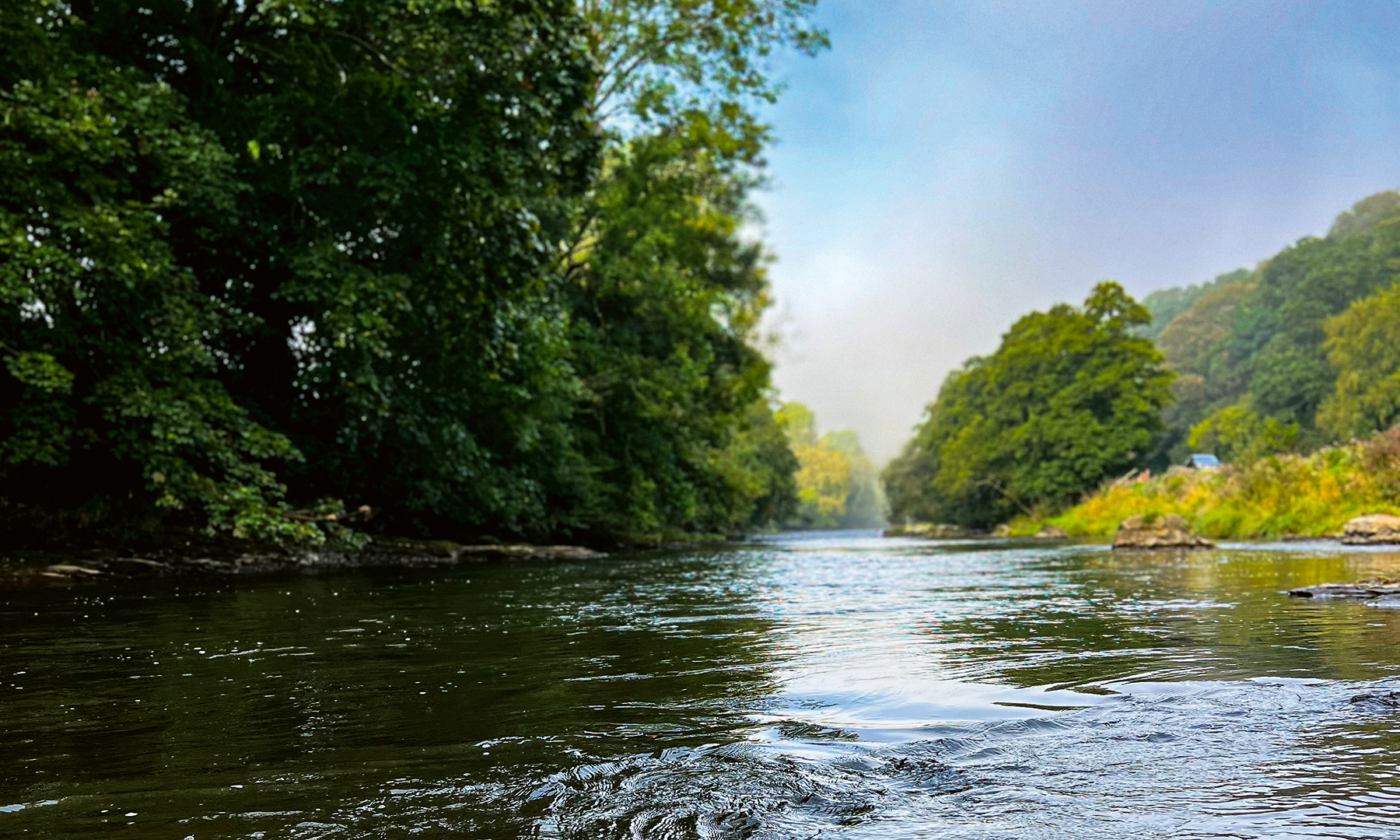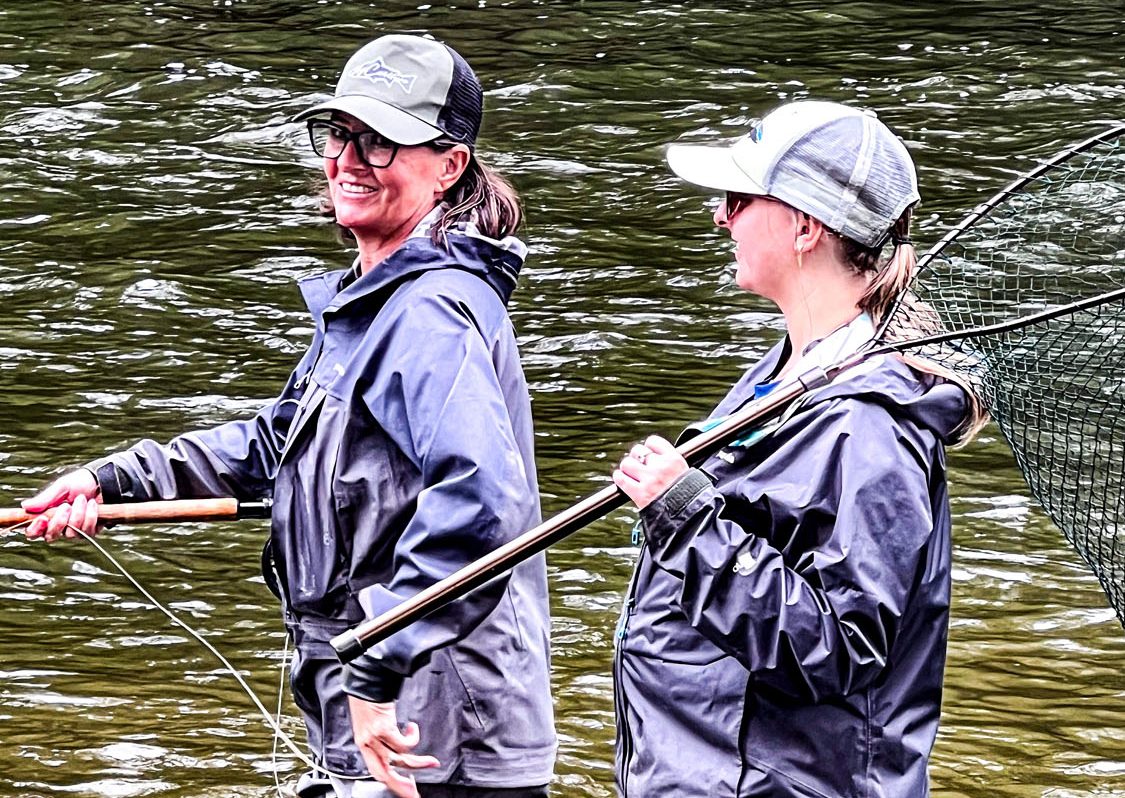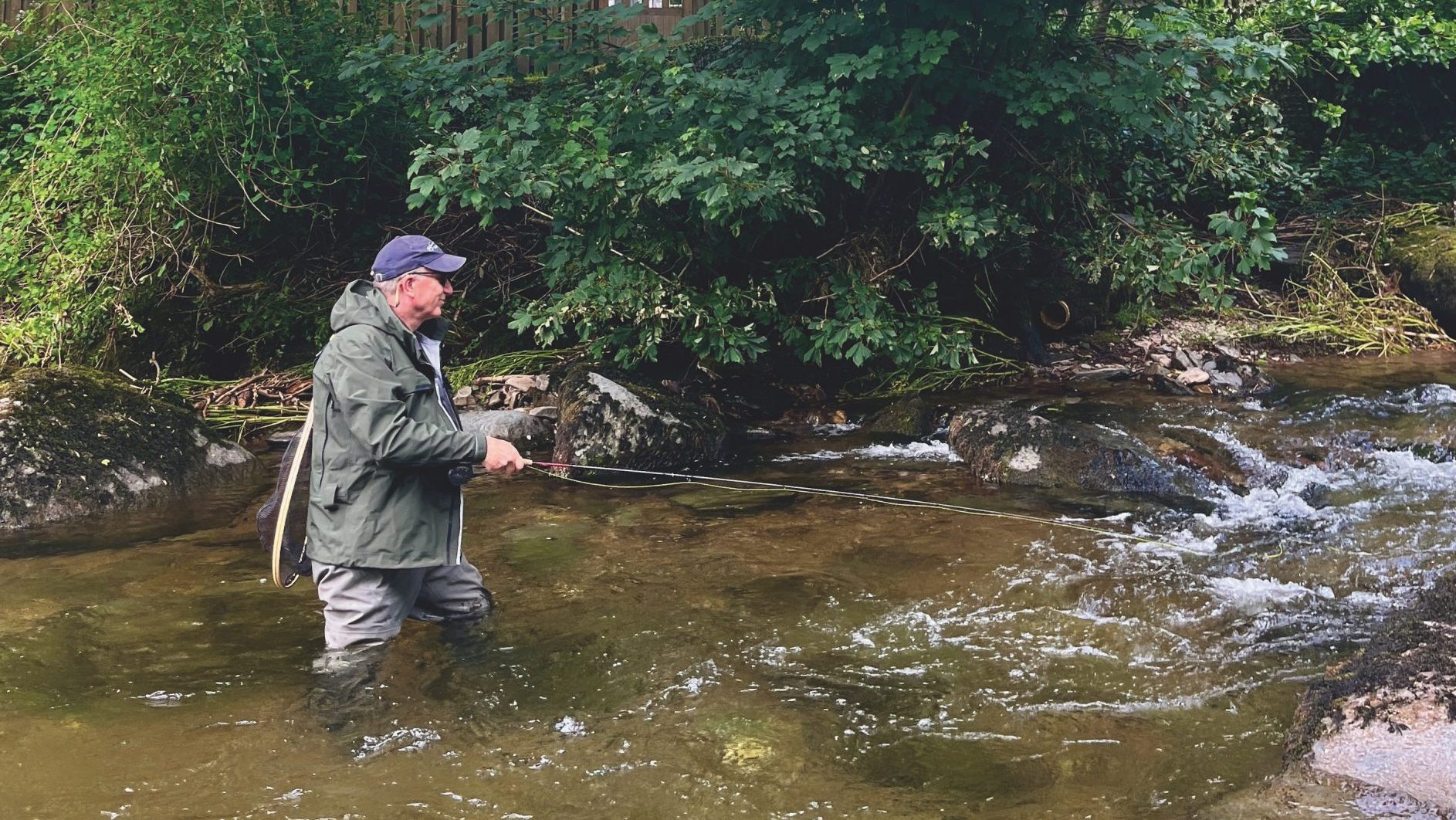Welcome to the Trout & Salmon FAQs page, your go-to source for answers to common questions about game fishing. Whether you’re a seasoned angler or just starting out, we understand that navigating the world of trout and salmon fishing can raise many queries.
discover expertly curated resources designed to assist anglers in selecting the right equipment for trout and salmon fishing
Our comprehensive FAQ section covers everything from legal regulations and fishing techniques to conservation efforts and tackle recommendations.
With expert insights and practical advice, we aim to enhance your fishing experience and ensure you have the information you need for successful outings on the water.

-
Legal limits vary by region and species. Generally, anglers can keep fish that meet the minimum size requirements and fall within daily bag limits set by local regulations. Always check specific guidelines for your fishing location.
-
Yes, many regions implement seasonal closures to protect fish populations during spawning periods. For example, salmon fishing is often restricted from January to mid-April in various rivers. It’s essential to consult local regulations for specific dates and species.
-
Catch and release involves returning the fish to the water after catching it, promoting conservation and sustainability. Catch and keep allows anglers to retain their catch for personal use, provided it adheres to legal size and bag limits.
-
Yes, a fishing license is typically required to fish legally in most areas. Licenses can often be purchased online or at local sporting goods stores. Ensure you have the appropriate license for the type of fishing you plan to do.
-
Allowed baits can vary by region but typically include artificial flies, lures, worms and shrimp. Some areas may have restrictions on specific baits, so it’s crucial to check local regulations.
-
Yes, fishing from a kayak or canoe is permitted in many locations, but you may need a boat license or permission from the managing angling club. Always ensure your vessel is properly moored to avoid obstructing navigation.
-
Early mornings and late afternoons are often considered the best times to fish due to increased fish activity. However, this can vary based on species, weather conditions and seasonal patterns.
-
If you witness illegal fishing practices, report them to your local wildlife authority or conservation agency. Many organisations have hotlines or online reporting systems for such incidents.
-
If you catch a fish that exceeds the legal size limit, it must be released back into the water immediately with minimal harm. Familiarise yourself with local regulations regarding size limits for each species.
-
Yes, recent regulations may include mandatory catch-and-release policies for certain rivers or size limits on caught fish. Always stay informed about current laws through local fisheries management agencies or conservation groups.



